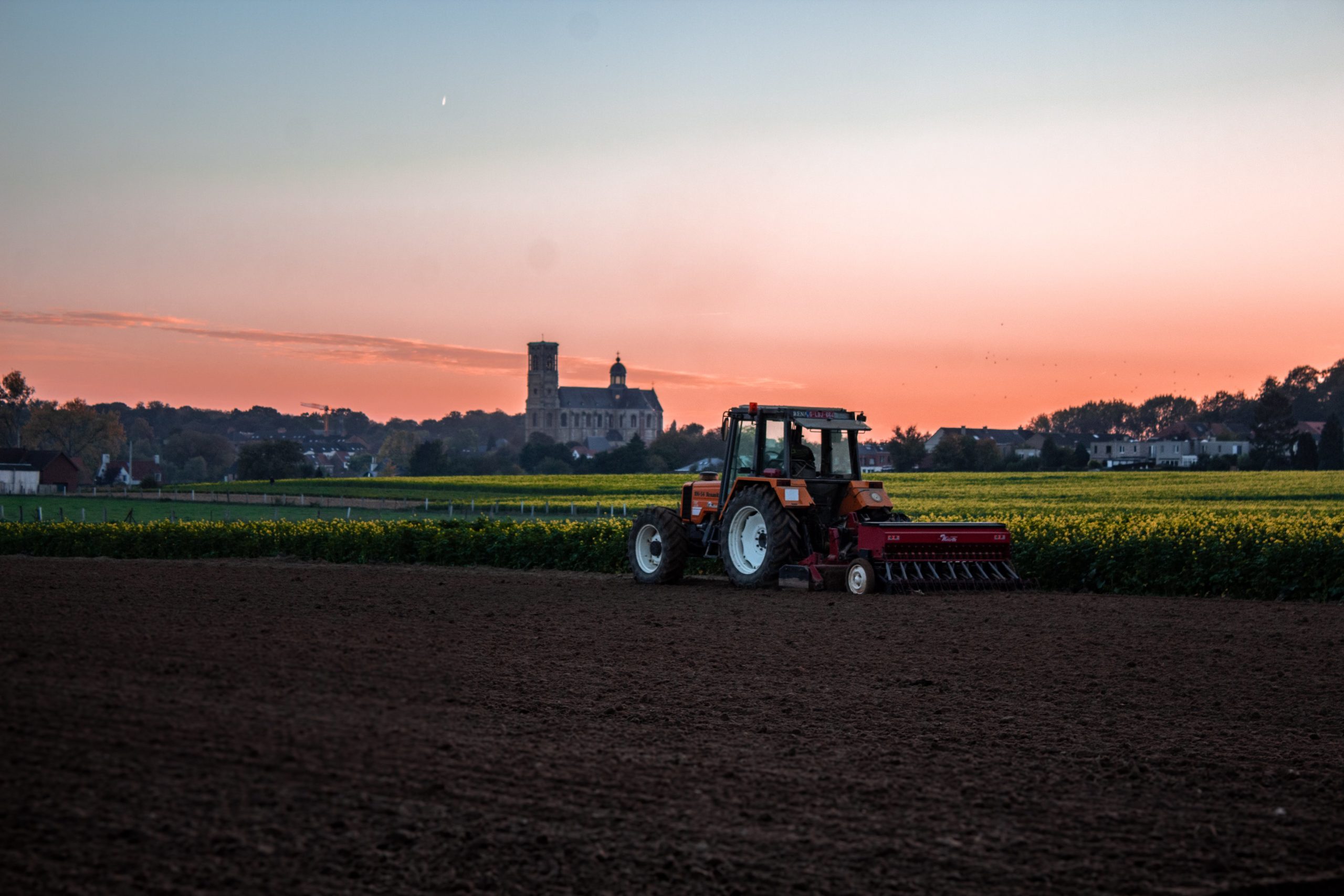Earlier this year, Portugal's Golden Visa programme went through a radical shift as the then government eyed a redirection of money into the agricultural sector away from real estate. Some six months on, we caught up with Alex Lawry-White, private equity adviser, Pela Terra for an on-the-ground update of how the new regime is working out in practice.
How is the fund progressing/fundraising?
Pela Terra II has unusually positive fundraising momentum, contrary to market trends. The government reforms of 2023 aimed to solve the issue of Golden Visa investments driving up house prices. This means that those funds that are perceived to operate in and around buildings or construction now find themselves either in the black or the grey area.
There was a noticeable slowdown throughout 2023, thanks to a bungled reform, but now the new legislation is confirmed, investors have certainty once again and are returning en masse.
Pela Terra managed to buck the trend throughout, remaining a safe haven in the eyes of immigration lawyers and introductory agents - all of whom are sensitive to protecting their clients. Greatful for the unwavering confidence, Pela Terra II was the first fund to onboard investors under the Golden Visa program's reformed laws. A combination of vocal support from members of Portugal's government and a common sense analysis that agricultural investing passes the "smell test" for the program's non-real estate future, means that confidence has remained high.
In early 2023, Pela Terra I (our initial fund) reached full subscription. Pela Terra II launched into what was undeniably a tricky marketplace but our commitment to the philosophy that Golden Visa funds should serve Portuguese society, rather than extract from it, means the Pela Terra funds have maintained alignment with the government's goals in their reform. As a result, the reform has been wind in our sails.
What sorts of people are being attracted, and have you seen a change since Portugal decided to shift investments away from RE to agricultural assets?
There is a change in clientele. The big story in the market over the last 18 months has been that "the Americans have arrived". As a demographic, they tend to be more financially sophisticated than investors from any other country. They understand and are used to structured, regulated investment funds. However, countries that also have large, Golden Visa-seeking populations (China, Turkey, Brazil, India, etc), who have historically favoured real estate GV's, are now being forced to learn about funds. I am dedicating increasing amounts of time to educating introductory agents about how funds work, how the regulation works, and how to sell investment funds. Helping them to help our market...
Investors don't tend to arrive with a particular industry in mind. A typical investor's thought process might unfold as follows: A) I want to golden Visa; B) Now I have to get used to the idea of investment funds; C) Which are the safe options in the market, that don't invest in buildings or construction; D) Agriculture is a low-volatility asset class and therefore a safe option. E) I choose Pela Terra.
So, the shift in preference isn't necessarily directly from real estate to agriculture. It's from what used to be perceived as the safest option, to what is now perceived as the safest option.
What about developments around Portugal's Golden Visa programme and your possible expectations for this next year (eg, in mind of European Parliament elections in June, other possible black swan events hitting all Golden Visa programmes across multiple European national jurisdictions)?
We have not yet seen explicit communications from Europe around Portugal's Golden Visa program, as far as I'm aware. It is possible that influence is being exerted in the background, but you'd need to go directly to someone in government for that intel.
There is a Portuguese election coming up in March. If the PSD (centre-right party) becomes the dominant party (via coalition with other right-wing parties) it is conceivable that they would bring back the Golden Visa program of old.
Arguments in favour of this happening: the PSD brought the program in in the first place. The parties on the right favoured the program and voted against the 2023 reforms.
Arguments against this happening: the Portuguese government has done a great job of trashing the country's international reputation among investors during 2023 U-turning, inconsistent messaging, and illogical decision-making. Another public U-turn would bring even more uncertainty (investors' kryptonite) and frankly a humiliating spectacle. So they may just decide to go along with the new trimmed-down Golden Visa regime, as it currently stands.
Our opinion is that we hope they'll stick with the reform. After all, what is the use of a Golden Visa program if it isn't serving the local population? The old formulation of the program was no longer fit for purpose and was adding to a growing sense among Portuguese voters that their country is being sold off to wealthy foreigners while Portuguese elites profit in the process.
AOB in terms of Pela Terra organisation/objectives?
It has been an interesting journey for us since launching in 2021. Back then we launched as a strange and different player in the corner of the board, splitting opinion from the start over whether an agriculture fund - a completely different approach to Golden Visa investing - would be able to secure a position in the market. Now the market has lurched in our direction. It almost feels that the Overton window has shifted such that we have become the central.
Our objectives are threefold:
- Raise 100 million Euros in the next 24 months
- Prove that supply-chain scale food production can be done in a truly sustainable manner
- Demonstrate to Portugal's government and population that Golden Visa investment can serve the country and its long-term social and economic needs










